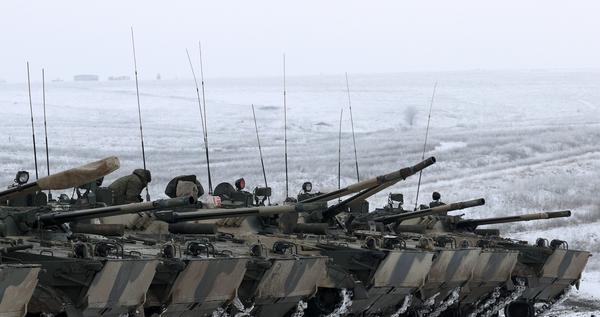Author: Samuel Charap
Affiliation: Senior Political Scientist at the RAND Corporation, Council on Foreign Relations (Life Member), and Former Senior Advisor at the U.S. Department of State (Arms Control and International Security, Covering Russia and Eurasia)
Organization /Publisher: Foreign Affairs
Date/Place: February 7, 2022/USA
Type of Literature: Analysis
Word Count: 2405
Link: https://www.foreignaffairs.com/articles/russia-fsu/2022-02-07/how-break-cycle-conflict-russia
Keywords: Russia, Ukraine, and the USA
Brief:
The writer tries to shed light on the crisis in Eastern Europe and the then possibility of Russia launching a military attack on Ukraine, as Russia has been mobilizing its forces on the border with Ukraine for weeks. This dangerous development of events prompted the writer to discuss all possible scenarios. Regardless of the policy pursued by the United States to weaken the Russian side by supporting the former Soviet Union countries and pushing them towards Europe and the Western camp, confrontation between the two sides is inevitably coming. There is no doubt that Moscow is prepared to use its military power to avoid being surrounded by countries closely linked to NATO and the European Union. The writer asserts that the geopolitical pluralism that the United States seeks to create in the former Soviet Union will seriously impact America and its Western allies. Imperial Russia cannot agree to grant the surrounding countries full sovereignty and freedom to choose the most appropriate and best alliances and blocs. To present a mutually acceptable agreement that would defuse war, the RAND Corporation and the Friedrich-Ebert-Stiftung requested a group of non-governmental experts from the United States, Europe, Russia, and five post-Soviet Eurasian states to come up with a study of all options for the desired agreement which would offer multilateral security guarantees and other confidence-building measures for nonaligned nations. The author notes that the two sides have little incentive to make concessions. After presenting an earlier draft to Russian and Western government officials, each side believes it has a long-term advantage over the other in the region. In this case, the region of Eurasia will remain on the brink of war for a long time.
By: Taqwa Abukmeil, CIGA Research Assistant




